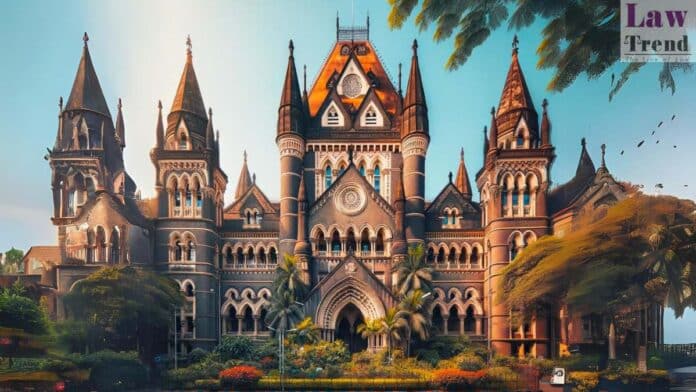The Bombay High Court, in a significant ruling, has quashed criminal proceedings against four individuals accused of abetting obscene dance performances in a Mumbai bar. The judgment, delivered by Justice A.S. Gadkari and Justice Shyam C. Chandak, emphasizes that mere presence at the scene without specific overt acts is insufficient to establish criminal culpability. Background
To Read More Please Subscribe to VIP Membership for Unlimited Access to All the Articles, Download Available Copies of Judgments/Order, Acess to Central/State Bare Acts, Advertisement Free Content, Access to More than 4000 Legal Drafts( Readymade Editable Formats of Suits, Petitions, Writs, Legal Notices, Divorce Petitions, 138 Notices, Bail Applications etc.) in Hindi and English.




